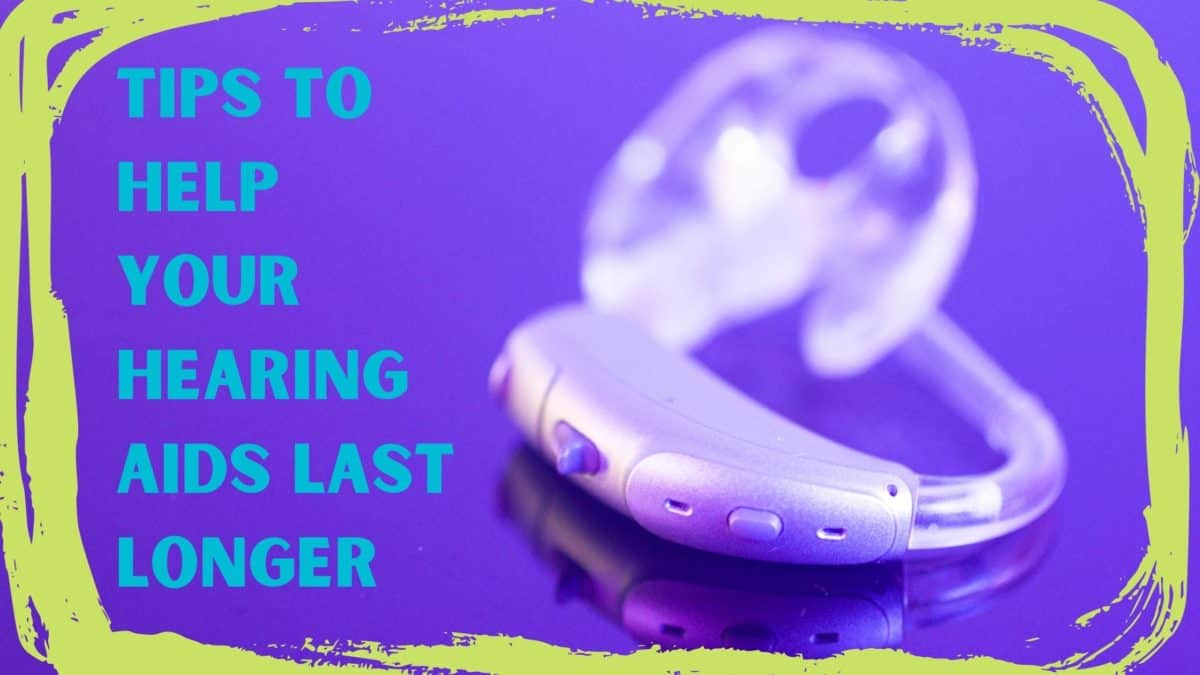- Why You Shouldn’t Do Anything With Your Earwax - April 22, 2024
- Travel Tips for People with Cochlear Implants - April 7, 2024
- How To Have A Great Conversation With People With Hearing Loss - March 22, 2024
If you are the new owner of a set of hearing aids, congratulations! The benefits of getting treatment for hearing loss range from the comfort of going out in public places and the ease of conversation with friends and family to the many health and wellness benefits, including reduced risk of dementia and cognitive decline. You have taken a step toward a better quality of life and comfort in connecting with your loved ones.
Although acquiring your hearing aids is the most important first step, you will want to get as much life out of them as possible. Most of the latest models of hearing aids require a remarkably low level of maintenance, and you will only need to do a few things to keep them in top working order for years to come. Should an issue come up with their functionality, a return call or visit to our offices will also connect you with the services you need. Here are a few helpful tips to make your hearing aids last as long as possible.
Avoid Moisture
Inevitably you will find yourself in a situation where you are wearing hearing aids in inclement weather. The good news is that most hearing aid models have developed weather resistance to improve the longevity of your devices. Getting stuck in the rain shouldn’t pose a serious problem for many of the newest hearing aids, but you will want to take some steps to protect them. If you can foresee the contact with moisture, try to avoid it. Bringing a waterproof bag with you is a smart idea, and you can save yourself some hassle by placing your hearing aids in the bag if you have to travel through a rainstorm.
If you wear your hearing aids during exercise and other outdoor activities, your aids might be exposed to moisture, as well. Even if you accidentally drop your hearing aids in the sink or immerse them in water, you can do a lot to extract that moisture on your own. By wiping down your aids with a clean, dry cloth, you can keep the excess droplets from contacting the sensitive inner components.
Many people have had success placing their hearing aids in a sealed plastic bag full of uncooked, dry rice. The rice has the effect of extracting that moisture within a few hours in many cases.
Professional hearing aid dryers are available on the market, as well, and some people who live in humid climates opt to store their hearing aids in these dryers on a regular basis.
Basic Cleaning
All you need to do to clean most hearing aids is to wipe them down with a clean, dry cloth. Earwax and other debris can collect on the surface of the aids or on the microphone, receiver, or speaker. If that happens you can use a tiny brush to wipe off that substance, and wire loops are also available to remove earwax that works its way into some of the crevices. Beyond this simple cleaning, you should not need to perform more advanced maintenance on your aids other than replacing the batteries.
Repairs and Advanced Maintenance
Beyond these simple tips you can follow at home, you should not try to attempt more serious repairs on your own. Though it might look like you can do some work at home, you run the risk of doing more harm than good. If you have an issue of functionality with your hearing aids, the right approach is to contact our offices. In some cases, we can instruct you what can be done. In other cases, you will want to bring your aids to our office for some basic in-house repairs.
When the needs extend beyond what we can provide, we can send the aids to a licensed repair service or the manufacturer to get your aids up and running again. With these tips in mind, you should be in great shape to keep your hearing aids working with full functionality for many years. The important thing is to use your aids appropriately and regularly to get the maximum benefit. Even fully functional hearing aids are no use to you if they are not put into action!

